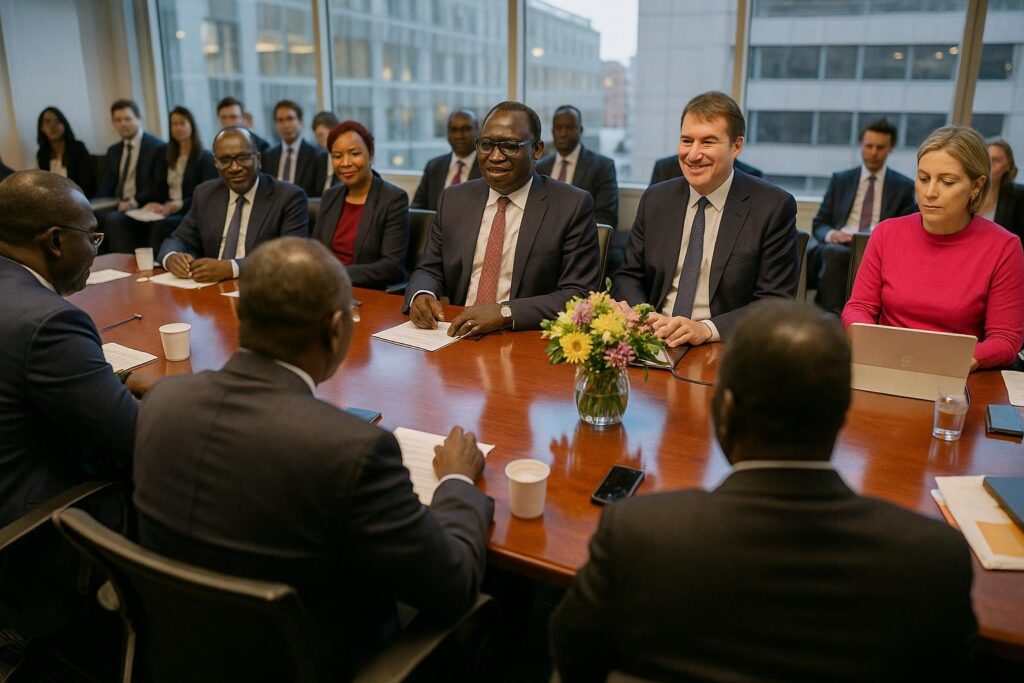IMF Ranking Signals Fiscal Pressure
New IMF statistics place South Sudan 50th among 86 heavy borrowers, with Special Drawing Rights valued at US$246 million already disbursed. The tally equals the young nation’s entire quota and underscores a growing dependence on multilateral funding amid domestic revenue shortfalls.
Oil and Currency Headwinds Amplify Risk
The World Bank recently named the South Sudan Pound one of Africa’s weakest, sliding 10 percent this year after pipeline damage in neighbouring Sudan curbed oil exports. Lower foreign earnings tighten dollar supply, making debt service costlier and inflation harder to tame.
Reform Conditions and Social Priorities
High IMF exposure often triggers policy benchmarks. Economists caution that austerity must be balanced against urgent infrastructure, health, and education needs. “Keeping reforms pro-growth is essential to avoid social backlash,” notes Juba-based analyst Dr. James Othow in an interview.
Diplomatic Outreach for Fresh Support
Finance Minister Bak Barnaba Mario heads a delegation in Washington to explore World Bank partnerships and technical assistance. Officials aim to reassure donors of commitment to transparency while seeking concessional loans that could stretch repayment timelines without triggering default risk.
Outlook for Stability and Growth
Maintaining IMF confidence remains pivotal for future disbursements. Should oil flows recover and reforms deepen, South Sudan could gradually rebuild reserves and ease pressure on the Pound. The coming Article IV consultation will test Juba’s policy mix and its resolve to stabilize the economy.


